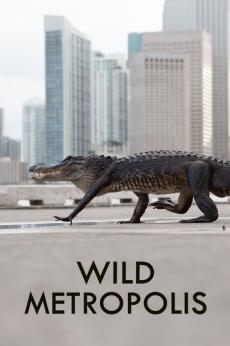PBS PASSPORT
Stream tens of thousands of hours of your PBS and local favorites with WETA+ and PBS Passport whenever and wherever you want. Catch up on a single episode or binge-watch full seasons before they air on TV.
Similar Shows
Poster Image

Overview
Science and Nature
Poster Image

The Age of Nature
Science and Nature
Poster Image

Islands of Wonder
Science and Nature
Poster Image

Power Trip: The Story of Energy
Science and Nature
Poster Image

The Molecule That Made Us
Science and Nature
Poster Image

Inside Nature's Giants
Science and Nature
Poster Image

Life on Fire
Science and Nature
Poster Image

The Gene
Science and Nature
Poster Image

Life from Above
Science and Nature
Poster Image

Wild Metropolis
Science and Nature